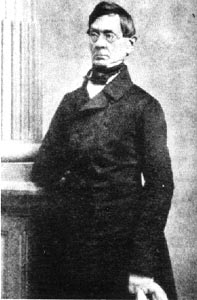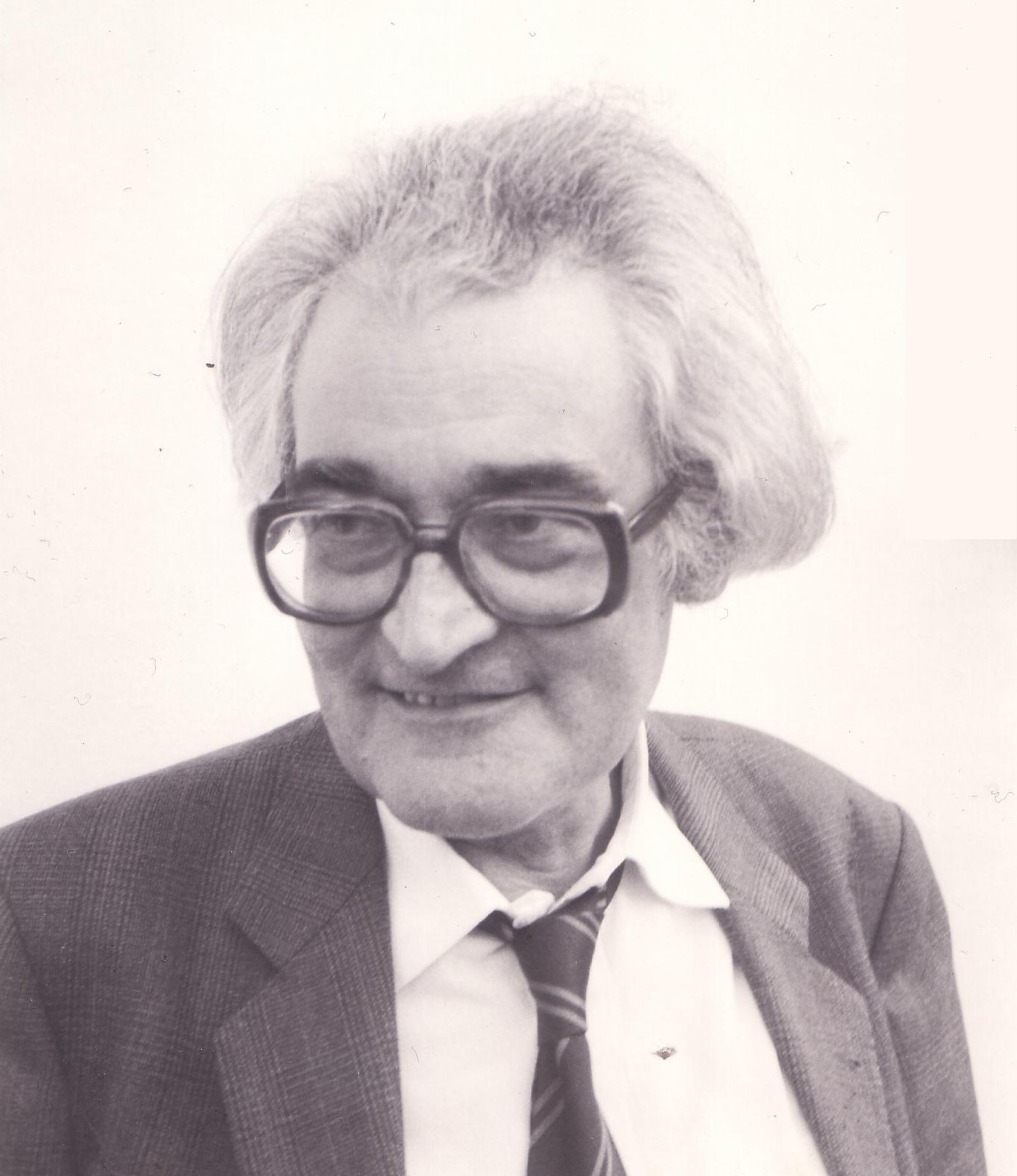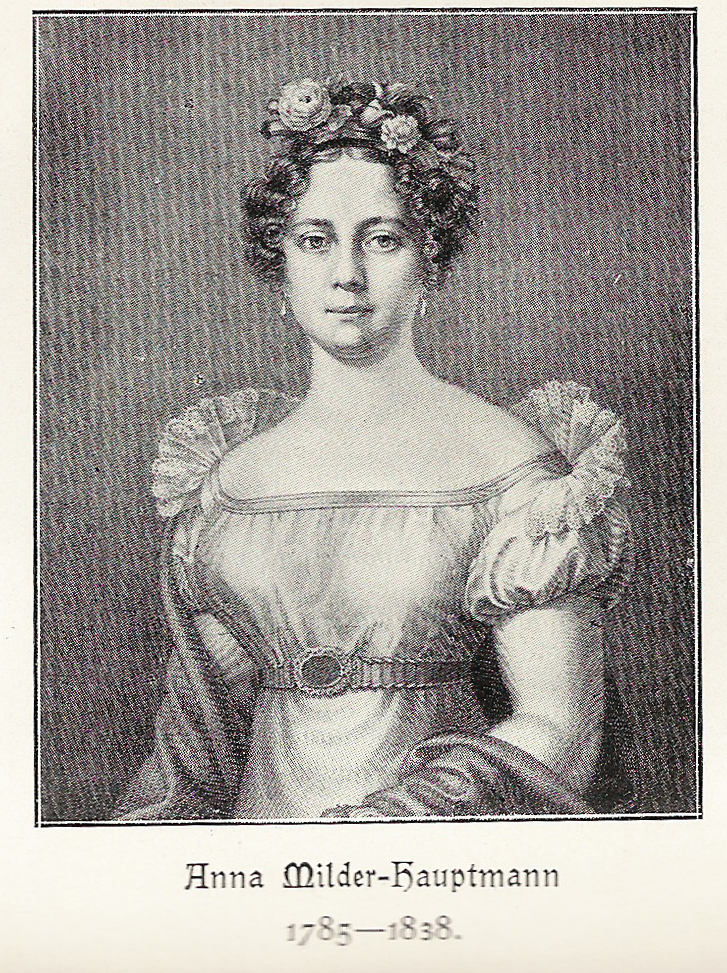|
Sieghard Brandenburg
Sieghard Brandenburg (21 January 1938 – 18 December 2015) was a German musicologist, who stood out especially as a Beethoven researcher. Life Born in Bad Frankenhausen, Brandenburg studied music (main subject oboe), musicology and mathematics at the Hochschule für Musik Freiburg and at the Albert-Ludwigs-Universität Freiburg, later musicology, mathematics and modern history at the University of Bonn. In 1968 he became a research assistant at the Beethoven Archive Bonn and in 1984 director of the Beethoven Archive. One of his most important projects was the publication of Ludwig van Beethoven's correspondence, which appeared in seven volumes from 1996 to 1998. In 2000, at the suggestion of Rainer Cadenbach, the Berlin University of the Arts - now the Universität der Künste Berlin - awarded him an honorary doctorate. After his retirement he moved to the small village of Galmsbüll in North Frisia, where he died in 2015 at age 77. Writings Books and independent publica ... [...More Info...] [...Related Items...] OR: [Wikipedia] [Google] [Baidu] |
Musicologist
Musicology (from Greek μουσική ''mousikē'' 'music' and -λογια ''-logia'', 'domain of study') is the scholarly analysis and research-based study of music. Musicology departments traditionally belong to the humanities, although some music research is scientific in focus (psychological, sociological, acoustical, neurological, computational). Some geographers and anthropologists have an interest in musicology so the social sciences also have an academic interest. A scholar who participates in musical research is a musicologist. Musicology traditionally is divided in three main branches: historical musicology, systematic musicology and ethnomusicology. Historical musicologists mostly study the history of the western classical music tradition, though the study of music history need not be limited to that. Ethnomusicologists draw from anthropology (particularly field research) to understand how and why people make music. Systematic musicology includes music theory, aesthe ... [...More Info...] [...Related Items...] OR: [Wikipedia] [Google] [Baidu] |
Anton Schindler
Anton Felix Schindler (13 June 1795 in Medlov – 16 January 1864 in Bockenheim (Frankfurt am Main)) was an Austrian law clerk and associate, secretary, and early biographer of Ludwig van Beethoven. Life Schindler moved to Vienna in 1813 to study law, and from 1817 to 1822 was a clerk in a law office there. He was a competent, though not an exceptional violinist, and played in various musical ensembles, first meeting Beethoven in 1814. He gave up his law career, becoming in 1822 first violinist at the Theater in der Josefstadt, and from 1825 first violinist at the Theater am Kärntnertor. His acquaintance with Beethoven continued, and from 1822, he lived in the composer's house, as his unpaid secretary.Paul Nettl. "Schindler, Anton Felix". ''Beethoven Encyclopedia''. Philosophical Library, New York, 1956. [...More Info...] [...Related Items...] OR: [Wikipedia] [Google] [Baidu] |
String Quartet No
String or strings may refer to: *String (structure), a long flexible structure made from threads twisted together, which is used to tie, bind, or hang other objects Arts, entertainment, and media Films * Strings (1991 film), ''Strings'' (1991 film), a Canadian animated short * Strings (2004 film), ''Strings'' (2004 film), a film directed by Anders Rønnow Klarlund * Strings (2011 film), ''Strings'' (2011 film), an American dramatic thriller film * Strings (2012 film), ''Strings'' (2012 film), a British film by Rob Savage * ''Bravetown'' (2015 film), an American drama film originally titled ''Strings'' * ''The String'' (2009), a French film Music Instruments * String (music), the flexible element that produces vibrations and sound in string instruments * String instrument, a musical instrument that produces sound through vibrating strings ** List of string instruments * String piano, a pianistic extended technique in which sound is produced by direct manipulation of the strings, r ... [...More Info...] [...Related Items...] OR: [Wikipedia] [Google] [Baidu] |
Hermann Josef Abs
Hermann Josef Abs (born 15 October 1901 in Bonn – died 5 February 1994 in Bad Soden) was a leading German banker and advisor to Chancellor Adenauer. He was a member of the board of directors of Deutsche Bank from 1938 to 1945, as well as of 44 other companies, including IG Farben. As the most powerful commercial banker of the Third Reich, he was, according to economic journalist Adam LeBor, "the lynchpin of the continent wide plunder". The Allies arrested him in January 1946; however, British intervention got him freed after three months, and German courts later dropped all charges. He was chairman of Deutsche Bank, and contributed to the reconstruction of the German economy. He chaired the German credit facility that distributed the counterpart funds created by the Marshall plan. Working closely with Chancellor Konrad Adenauer Konrad Hermann Joseph Adenauer (; 5 January 1876 – 19 April 1967) was a German statesman who served as the first chancellor of the Federal Repub ... [...More Info...] [...Related Items...] OR: [Wikipedia] [Google] [Baidu] |
Günther Henle
Günther, Guenther, Ginther, Gunther, and the variants Günter, Guenter, Guenther, Ginter, and Gunter, are Germanic names derived from ''Gunthere, Gunthari'', composed of '' *gunþiz'' "battle" (Old Norse ''gunnr'') and ''heri, hari'' "army". Gunder and Gunnar are the North Germanic equivalents in Scandinavia. The name may refer to: People * Günther (given name) * Günther (singer), the stage persona of Swedish musician Mats Söderlund *Günther (surname) Places * Gunther Island, in Humboldt Bay, California Ships *, a number of ships with this name Fictional characters * Gunther, a character in the television show ''Friends'' * Gunther, mayor of the city of Motril in the video game ''Grand Theft Auto V'' * Gunther, a character in '' Kick Buttowski: Suburban Daredevil'' * Günther Bachmann, a character in the film '' A Most Wanted Man'' * Gunther Berger, a character in the '' Luann'' comic strip * Gunther Breech, a character in the Canadian animated TV show ''Jane and the Dra ... [...More Info...] [...Related Items...] OR: [Wikipedia] [Google] [Baidu] |
Harry Goldschmidt
Harry Goldschmidt (17 June 1910 in Basel – 19 November 1986) was a Swiss musicologist. Life 1910–1949: Basel, Weimar Republic, France, West Africa, Switzerland Goldschmidt was born in Basel on 17 June 1910, the second child of Siegfried Goldschmidt, a banker from Frankfurt, and Vally Goldschmidt-Peiser, a teacher from Breslau. The boy was given the first names of Heinrich Heine: Heinrich (Harry) Leopold. The classically educated parents came from non-practising, fully assimilated German-Jewish families and acquired Swiss citizenship on 8 August 1919 in the city of Basel, where father Siegfried had become the youngest bank director in Switzerland at the Schweizerische Kreditanstalt (now Credit Suisse) in 1905. After attending the Humanistische Gymnasium in his home town, Goldschmidt began studying musicology (Karl Nef and Jacques Handschin), ethnology at the University of Basel in 1928. () and psychology. A doctoral thesis in music ethnology was begun after 1936, but rem ... [...More Info...] [...Related Items...] OR: [Wikipedia] [Google] [Baidu] |
Nikolaus Simrock
Nikolaus Simrock (23 August 1751 in Mainz – 12 June 1832 in Bonn) was a German horn player at the court of the Electorate of Cologne, Elector of Cologne in Bonn and a music publisher. He was a friend of Ludwig van Beethoven and founder of the N. Simrock music publishing house. "Highly esteemed as a man and a musician", he remained in contact with Beethoven throughout the 1790s and is regarded as a "reliable witness" to Beethoven's years in Bonn. Biography Simrock was born in Mainz, the son of a corporal, and was a horn player in a French military chapel before age 16. He applied at the Cologne Elector Maximilian Friedrich von Königsegg-Rothenfels, Maximilian Frederick for a job in the Bonn court orchestra. He began working there in April 1775 as "bugler" with an annual salary of 300 florins. The young Beethoven later played in the same orchestra. Simrock was one of the most famous philosophers of the Era of Enlightenment, Enlightenment in the elector's residence. Like his coll ... [...More Info...] [...Related Items...] OR: [Wikipedia] [Google] [Baidu] |
Günther Massenkeil
Günther Massenkeil (11 March 192617 December 2014) was a German musicologist, academic teacher, writer and concert singer ( baritone). His main field of research was sacred music of the 16th to 20th century. He served as director of the musicology department at the University of Bonn from 1966 to 1991. He became known beyond academia for his editing and supplementing of the eight-volume encyclopaedia, ''Das Große Lexikon der Musik''. Life Childhood and youth Massenkeil was born in Wiesbaden as son of Josef Massenkeil (1891–1987) and his wife Lotte, ''née'' Böhlen (1901–1997). His father came from a Rheingau family of teachers. He taught for many years as a student councillor in Wiesbaden and was a senior government and school councillor and finally director of the Humanistisches Gymnasium in Wiesbaden after the Second World War. He had studied classical philology and newspaper science and was active as a writer, especially in the field of the history of County of Nas ... [...More Info...] [...Related Items...] OR: [Wikipedia] [Google] [Baidu] |
Carl Dahlhaus
Carl Dahlhaus (10 June 1928 – 13 March 1989) was a German musicologist who was among the leading postwar musicologists of the mid to late 20th-century. A prolific scholar, he had broad interests though his research focused on 19th- and 20th-century classical music, both areas in which he made significant advancements. However, he remains best known in the English-speaking world for his writings on Wagner. Dahlhaus wrote on many other composers, including Josquin, Gesualdo, Bach and Schoenberg. He spent the bulk of his career as head of the Berlin Institute of Technology's musicology department, which he raised to an international standard. Dahlhaus pioneered the development of numerous musicological fields, particularly the aesthetics of music, which he raised to a central status. Active as a historian, analyst, editor and organizer, he was massively influential and his work has since incited considerable discussion and debate. Life and career Dahlhaus was born in Hanover ... [...More Info...] [...Related Items...] OR: [Wikipedia] [Google] [Baidu] |
Anna Milder-Hauptmann
Pauline Anna Milder-HauptmannShe was mostly called Anna Milder. Before her marriage, she was often referred to on playbills, reviews and correspondence as Mlle Milder, sometimes as Nanny Milder. After her marriage, many documents refer to her as Madame Milder. (13 December 1785 – 29 May 1838) was an operatic soprano. Biography Early life Milder was born in Constantinople where her father, Felix Milder from Salzburg, was employed by the Austrian ambassador Baron Herbert von Rathkeal as pastry chef; her mother was lady-in-waiting to the ambassador's wife. When Anna was five years old, the family left for Bucharest, where Felix worked as translator until they had to leave because of the Austro-Turkish War (1787–1791). After he had briefly worked for the ambassador again, the family returned to Bucharest, only to be forced to flee again when pestilence broke out there. After quarantine in Herrmannstadt, the family settled in Vienna. Here Anna, now aged 10, received her fir ... [...More Info...] [...Related Items...] OR: [Wikipedia] [Google] [Baidu] |
Heiligenstadt Testament
The Heiligenstadt Testament is a letter written by Ludwig van Beethoven to his brothers Carl and Johann at Heiligenstadt on 6 October 1802. It reflects his despair over his increasing deafness, even his contemplation of suicide, and his continued desire to overcome his physical and emotional ailments to complete his artistic destiny. Beethoven kept the document among his private papers and probably never showed it to anyone. It was discovered in March 1827, after Beethoven's death, by Anton Schindler and Stephan von Breuning, who had it published the following October. While Carl's name appears in the appropriate places, blank spaces are left where Johann's name should appear (as in the upper right corner of the accompanying image). There have been several suggestions for this, ranging from Beethoven's uncertainty as to whether Johann's full name (Nikolaus Johann) should be used on this quasi-legal document, to his mixed feelings of attachment to his brothers, to transference of ... [...More Info...] [...Related Items...] OR: [Wikipedia] [Google] [Baidu] |
Franz Gerhard Wegeler
Franz Gerhard Wegeler (22 August 1765 – 7 May 1848) was a German physician from Bonn, who, in his youth, was a close friend of composer Ludwig van Beethoven. He was the father of historian Julius Stephan Wegeler (1807-1883). Wegeler studied medicine at the Universities of Bonn and Vienna. After completing his studies in Austria, he returned to Bonn, where he became a tenured professor of legal medicine and obstetrics (1789). @ In 1794, he fled Bonn during the |








